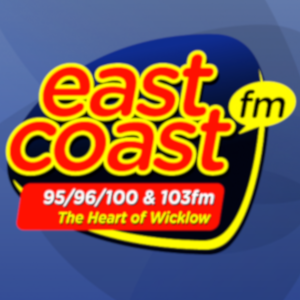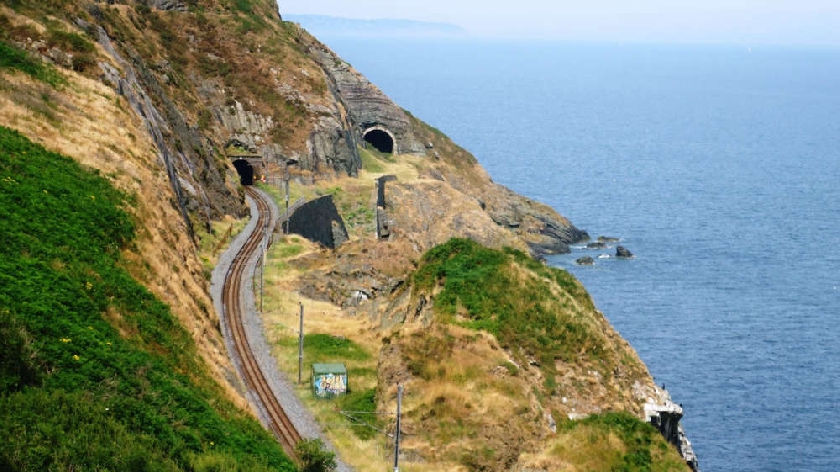
First All-Island Strategic Rail Review recommends electrification, new and enhanced routes, greater regional balance and improved speeds and frequency.
If all the recommendations in this Review were delivered:
- The rail network would be decarbonised
- 700,000 more people would live within 5km of a railway station
- Rail journey times between some major cities could be halved
- Services on busiest intercity routes could run every 30 minutes in some cases
- Rail passenger numbers could double
- 90% of aviation passengers could travel to the airport by rail
- Two thirds of freight tonnage would pass through ports served by rail
- The island’s economy could be boosted by €20 billion
It is the first All-Island Rail Review, setting out 30 recommendations for developing a rail network that would significantly benefit commuters, communities, businesses, the environment and economies, both north and south. If the recommendations are implemented in full it could transform the rail system in the coming decades with electrification, faster speeds and greatly improved frequency, opening a number of new routes particularly across the West and North of the island, and widening accessibility and connectivity across the island.
The Review was launched in April 2021 by Eamon Ryan, Minister for Transport Ireland, and Nichola Mallon, then Minister at the Department for Infrastructure, Northern Ireland. It is now being published alongside the associated Strategic Environmental Assessment for consultation and is expected to be finalised by the end of this year.
Today, the island of Ireland has about 2,300 km (1,440 miles) of public rail lines. If the recommendations in this new rail review are implemented this would increase to 2,950 km (1,845 miles) of new low-carbon, faster rail lines. Investment in rail between 2011 and 2019 contributed to a 37% growth in passengers across the whole island. While Covid interrupted this growth, passenger numbers are returning strongly in both jurisdictions, giving an indication of the potential for a new and greatly enhanced rail network.
The draft review was commissioned and overseen by both departments and carried out by engineering firm Arup. Recommendations, based around six goals, are to be delivered over the coming 25 years, aligning with net-zero commitments in both jurisdictions. Among the key recommendations are:
- Decarbonisation
- Decarbonise the rail network, including an electrified intercity network as well as hybrid, hydrogen and electric rolling stock.
- Intercity Speed and Frequency
- Upgrade the core intercity railway network (Dublin, Belfast, Cork, Limerick, Galway, Waterford) to top speeds of 200km/h ensuring that train journeys are faster than the car.
- Upgrade the cross-country rail network to a dual-track railway (and four-track in places) and increase intercity service frequencies to hourly between the main city pairs.
- New Regional Connections
- Increase regional and rural lines speeds to at least 120 km/h.
- Reinstate the Western Rail Corridor between Claremorris and Athenry.
- Extend the railway into Tyrone (from Portadown to Dungannon, Omagh, Strabane) Derry- Londonderry, and onto Donegal (Letterkenny)
- Reinstate the South Wexford Railway, connecting to Waterford
- Develop the railway to boost connectivity in the North Midlands, from Mullingar to Cavan, Monaghan, Armagh and Portadown
- Sustainable Cities
- Connect Dublin, Belfast International and Shannon Airport to the railway and improve existing rail-airport connections.
- Segregate long-distance and fast services from stopping services, ensuring quicker times on city approaches
- Transforming Freight
- Strengthen rail connectivity to the island’s busiest ports and reduce Track Access Charges for freight.
- Develop first-mile-last-mile rail access for Dublin Port
- Prioritising Customers
- Improve service quality, provide on-board catering, ‘clock-face’ timetable, better integration with other transport options, and cross-border structures to streamline travel north and south.
If the review’s recommendations are implemented in full across the coming decades, the capital cost is estimated to be €36.8bn/£30.7bn in 2023 prices.
Of this, the estimated capital cost that would apply to Ireland would total approximately €27.6bn/£23.0bn. If this investment was split evenly across 25 years in 2023 prices, then it would amount to annual capital investment in the rail system of €1.00bn/£0.92bn per annum over and above existing plans. This is roughly equivalent to peak annual investment in the motorway network in the late 2000s.
Similarly, for Northern Ireland the total capital cost estimate in 2023 prices is €9.2bn/£7.7bn, which is approximately €0.37bn/£0.31bn per annum over a 25-year period.


 Wicklow Students Fly The Flag For The Irish Language.
Wicklow Students Fly The Flag For The Irish Language.
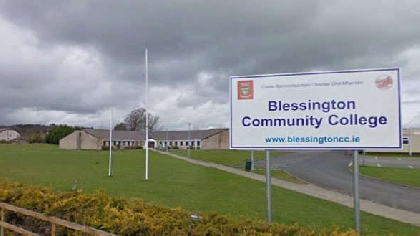 New 3 Storey State Of The Art School Greenlit For Blessington Community College.
New 3 Storey State Of The Art School Greenlit For Blessington Community College.
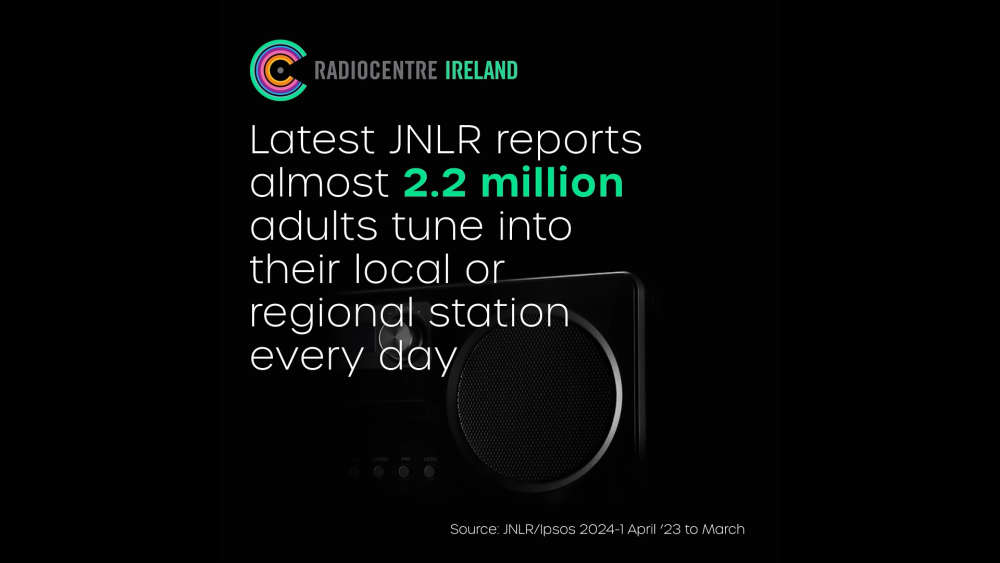 East Coast FM Continues To Dominate In The Garden County With 51,000 People Listening Each Week
East Coast FM Continues To Dominate In The Garden County With 51,000 People Listening Each Week
 Wicklow's Tiglin Founder Wins Humanitarian Award
Wicklow's Tiglin Founder Wins Humanitarian Award
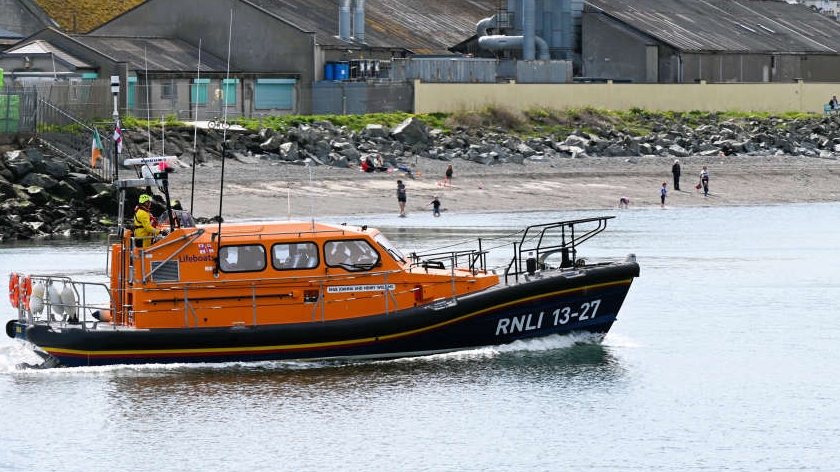 Wicklow RNLI in consecutive call outs to help kayaker and motor boat crew
Wicklow RNLI in consecutive call outs to help kayaker and motor boat crew


